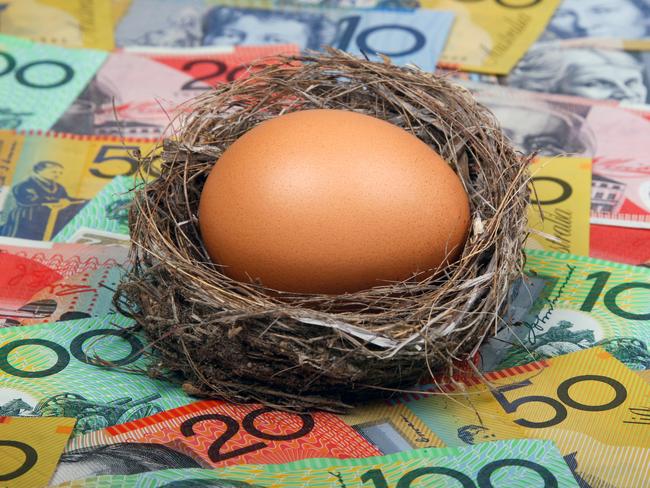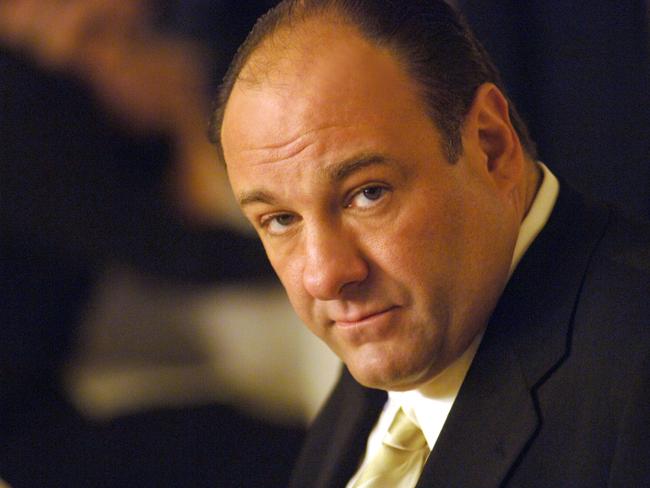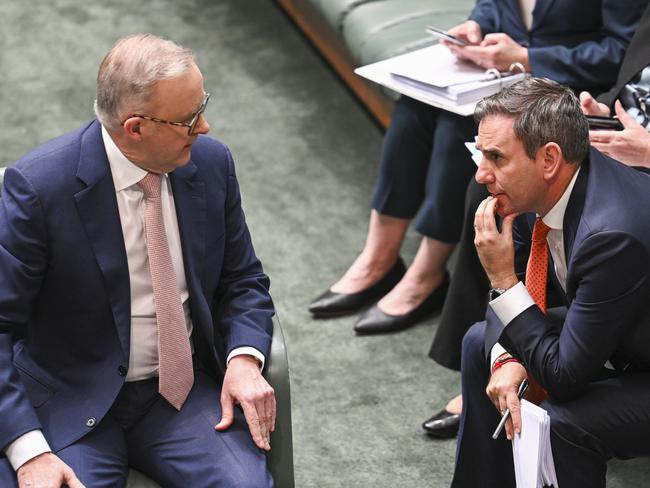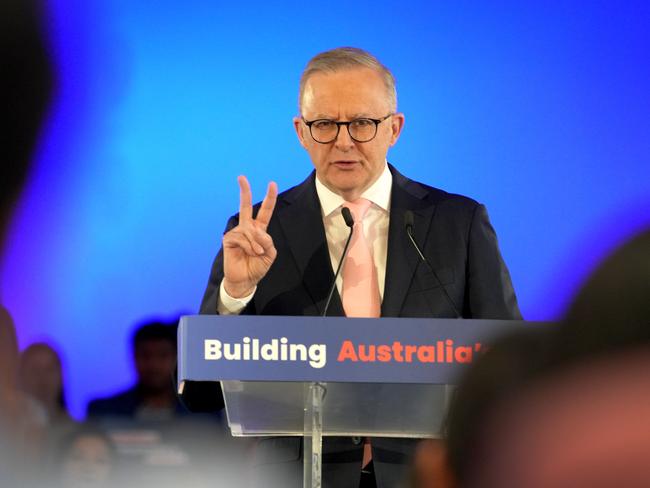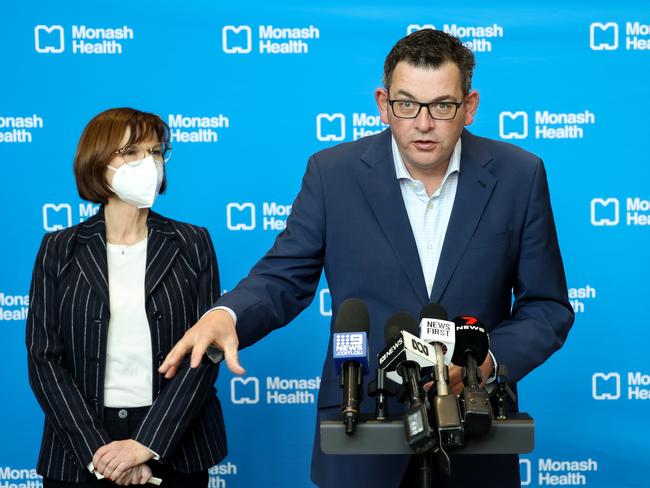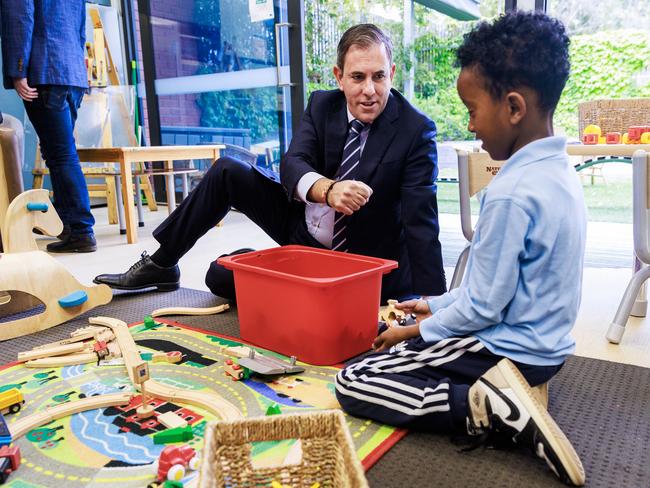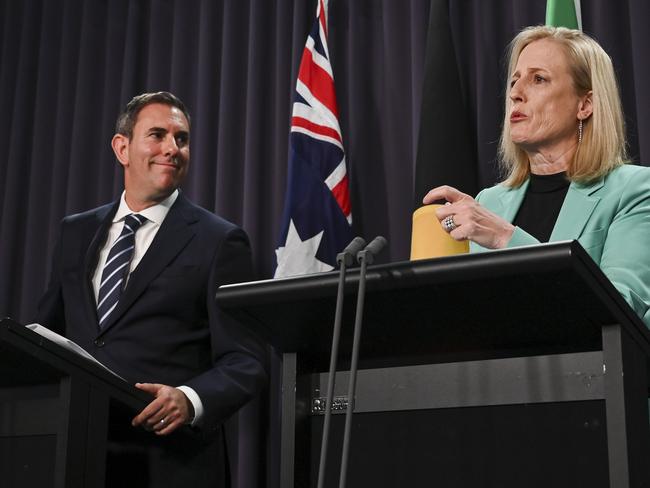
Might as well close it: Chalmers’ big call leaves fund without a future
It’s Jim Chalmers’ big chance to put his loopy ideas about ‘reinventing capitalism’ to become a ‘values-driven’ system into practice. Labor has never really liked the Future Fund because it’s a reminder of Peter Costello’s success.


